Survey reveals full impact of Swiss food waste
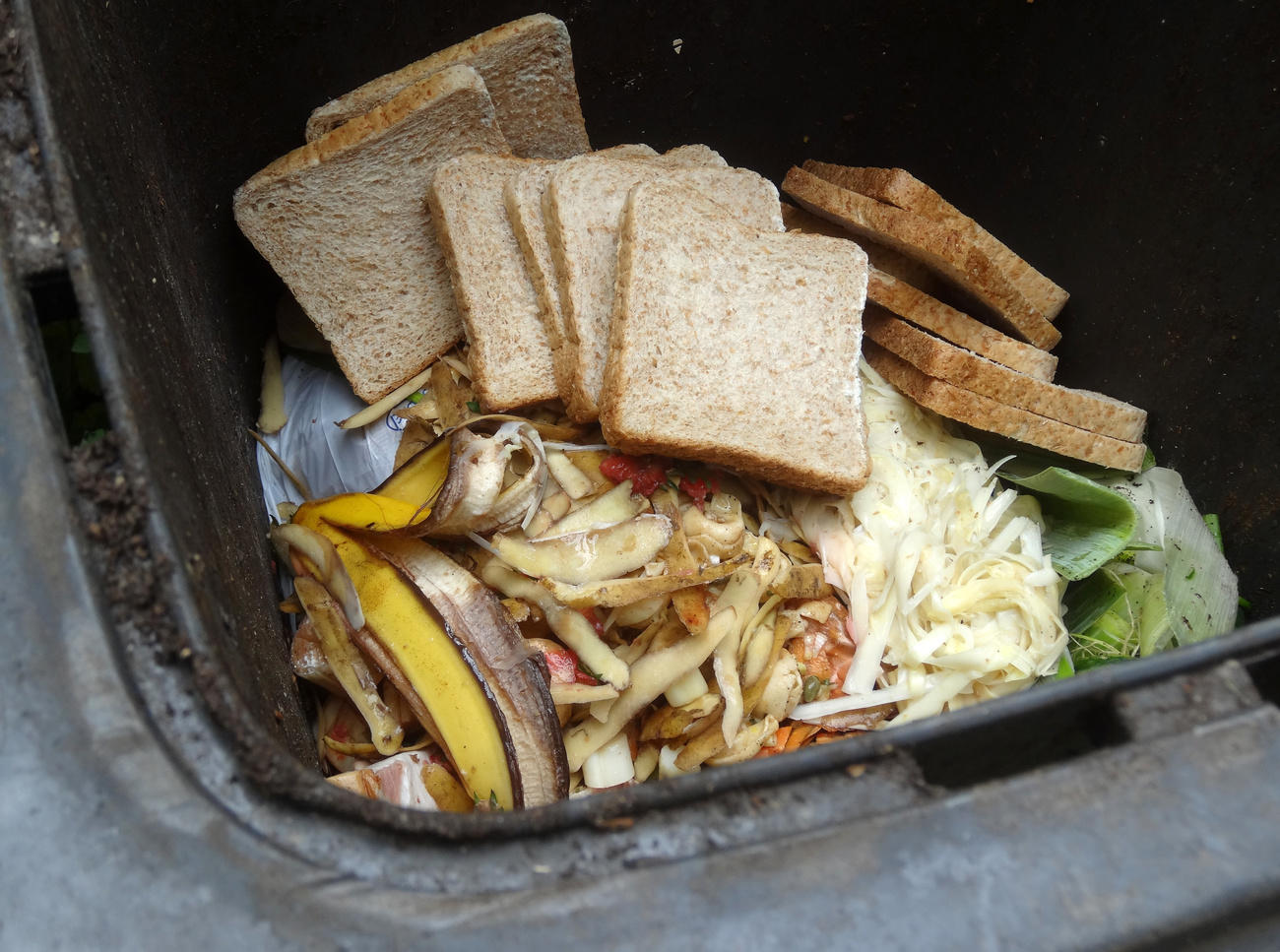
Food that is thrown away every year - approximately 2.8 million tonnes in 2017 - is responsible for one quarter of Switzerland’s food-related carbon footprint, and costs households over CHF5 billion ($5 billion), a study shows.
“Despite a relatively low environmental impact per kilogramme, fruit and vegetables also have a significant impact on the environmental balance sheet because they are thrown away in large quantities,” the Federal Office for the Environment (FOENExternal link) said in a statement on FridayExternal link, referring to the results of an in-depth food waste studyExternal link by the Federal Institute of Technology Zurich (ETH Zurich).External link
According to the authors, 2.8 million tonnes of food waste was recorded across all stages of the Swiss food chain in 2017. This is the equivalent of 330 kg of avoidable food waste per person per year, or 37% of agricultural production (i.e. food produced in Switzerland and abroad for consumption in Switzerland).
Annual food waste corresponds to 25% of Switzerland’s entire nutrition‐related footprint, the report said. The researchers estimate its impact at just under half a tonne of CO2 equivalent per person per year.
Just over half (52%) of the environmental impact of food waste is caused by households and catering, 27% by the processing industry, 8% by trade and 13% by food production, mainly abroad.
Thrown away food is also a huge waste of money: CHF600 per inhabitant annually, or over CHF5 billion, the researchers calculated.
Bread, cheese, beef and fresh veg
The study analysed 25 categories of food to determine the greatest areas of wastage and their environmental impact. It found that bread and bakery products, cheese (especially the by‐product whey), beef and fresh vegetables were most problematic in this regard.
“The more food is thrown away at the end of the production and marketing chain, the greater the environmental impact,” said FOEN. “The resources consumed are more numerous then and more emissions have been produced for transport, processing, storage, packaging and preparation.”
A United Nations Sustainable Development Goal (SDG) calls for the halving per capita of global food waste at retail and consumer levels and for the reduction of food losses in agriculture, trade and the processing industry by 2030.
If Switzerland manages to achieve this goal it could reduce the nationwide environmental impact of avoidable food losses by 39–61%, cutting greenhouse gas emissions by 190–290 kg of CO2 equivalent per person, the study found.
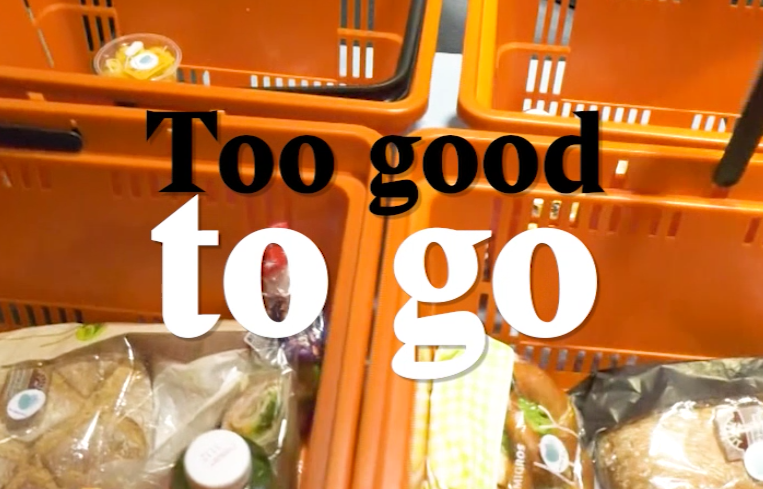
More
Fighting food waste

In compliance with the JTI standards
More: SWI swissinfo.ch certified by the Journalism Trust Initiative
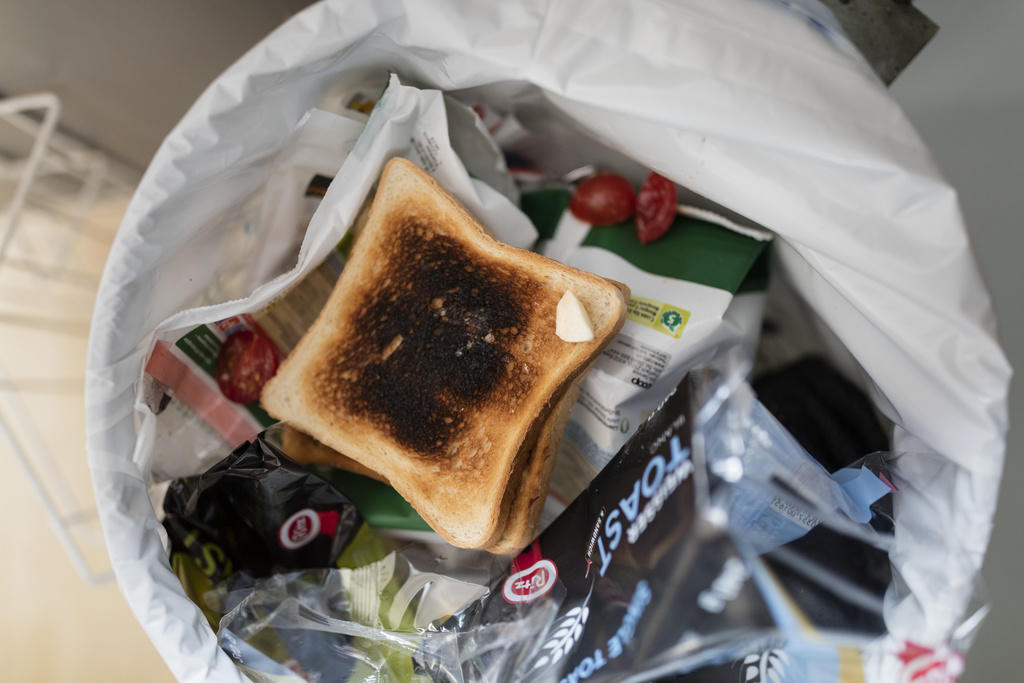
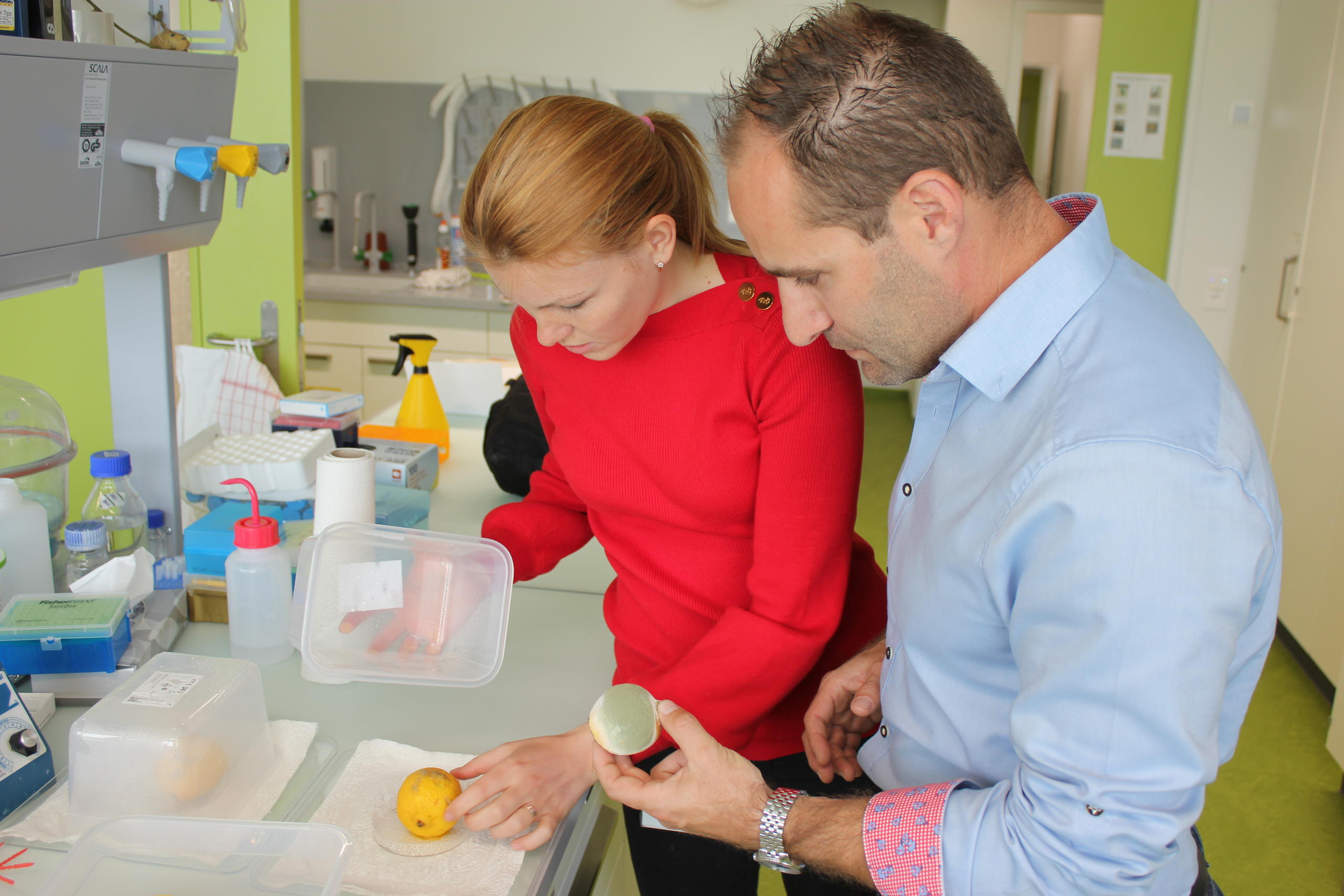
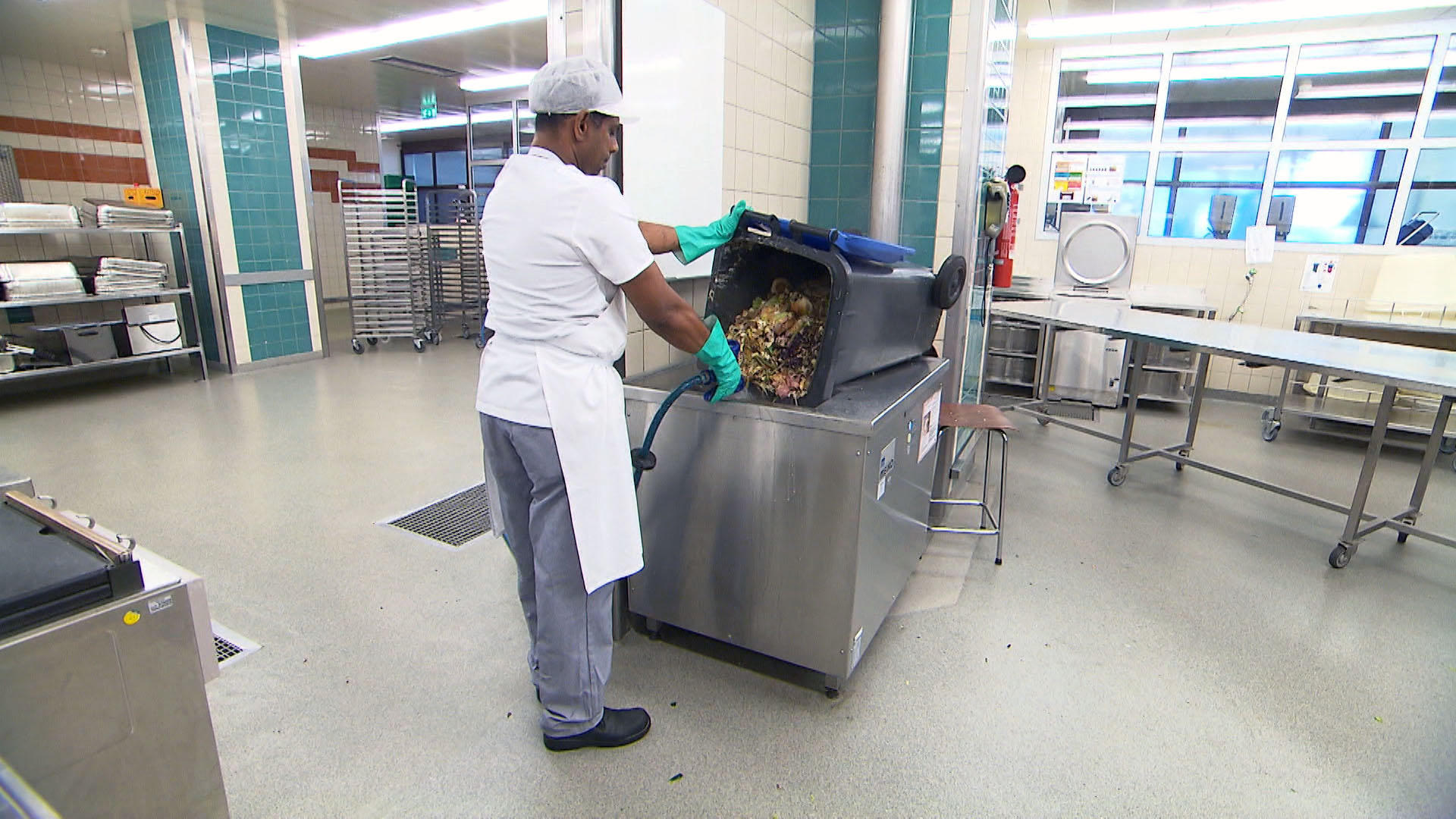

You can find an overview of ongoing debates with our journalists here. Please join us!
If you want to start a conversation about a topic raised in this article or want to report factual errors, email us at english@swissinfo.ch.